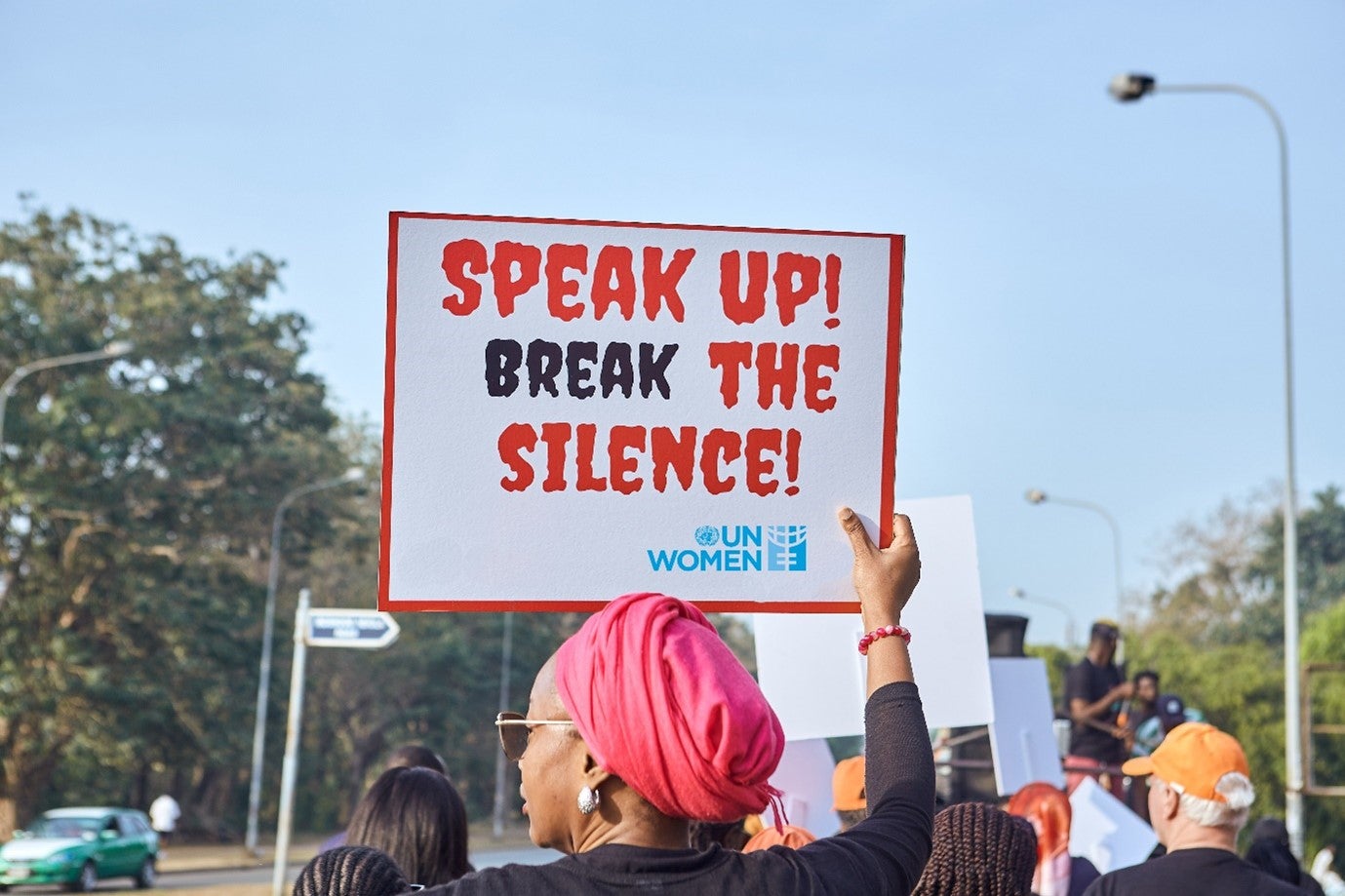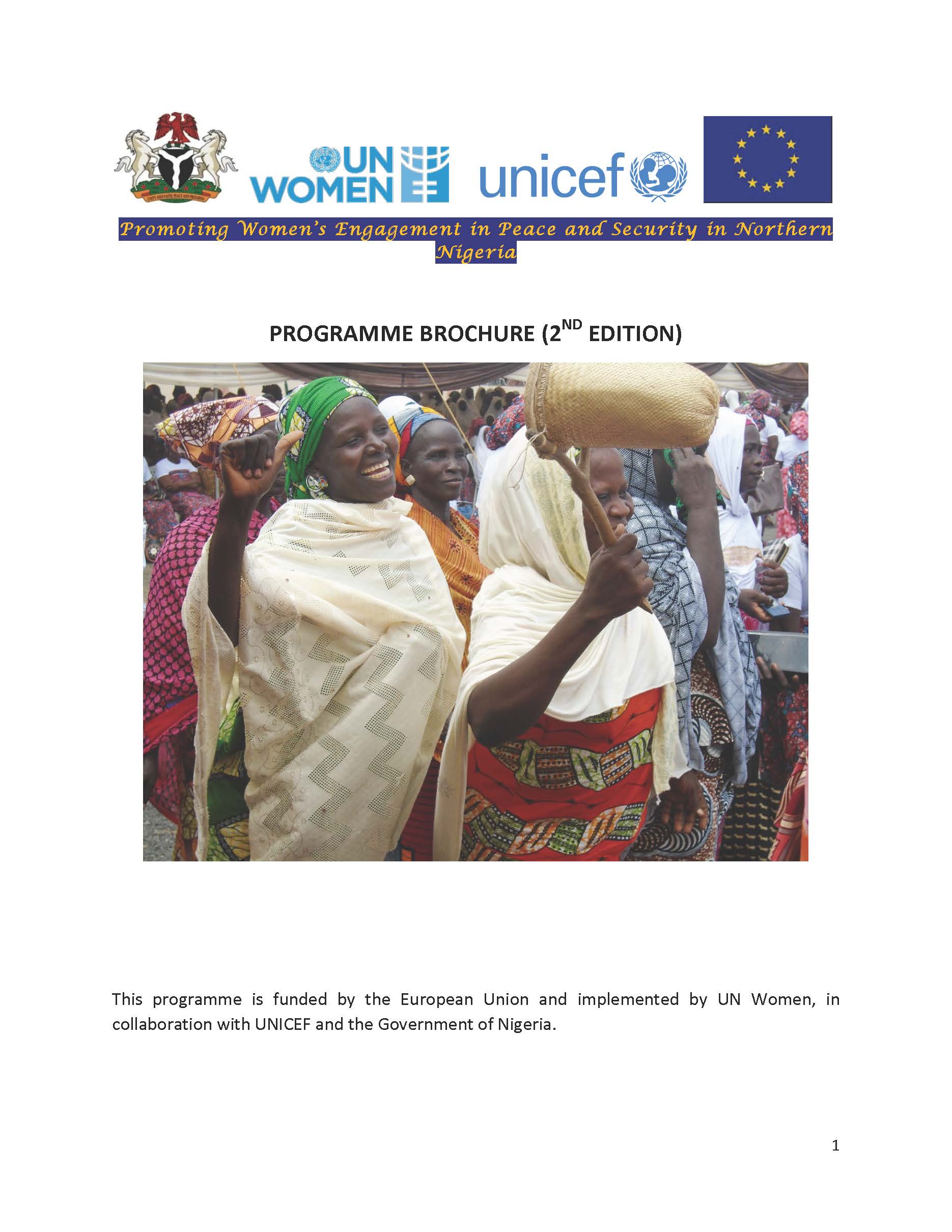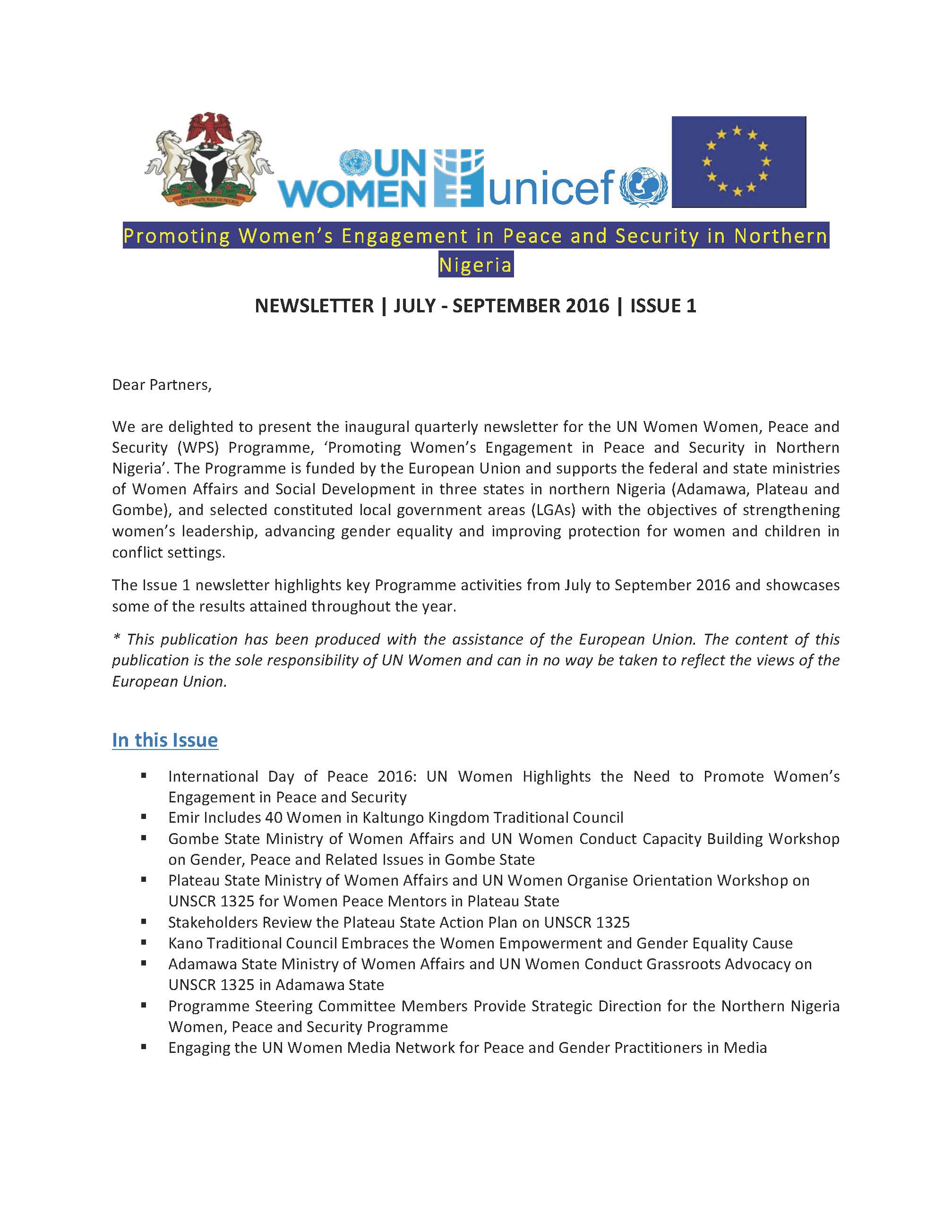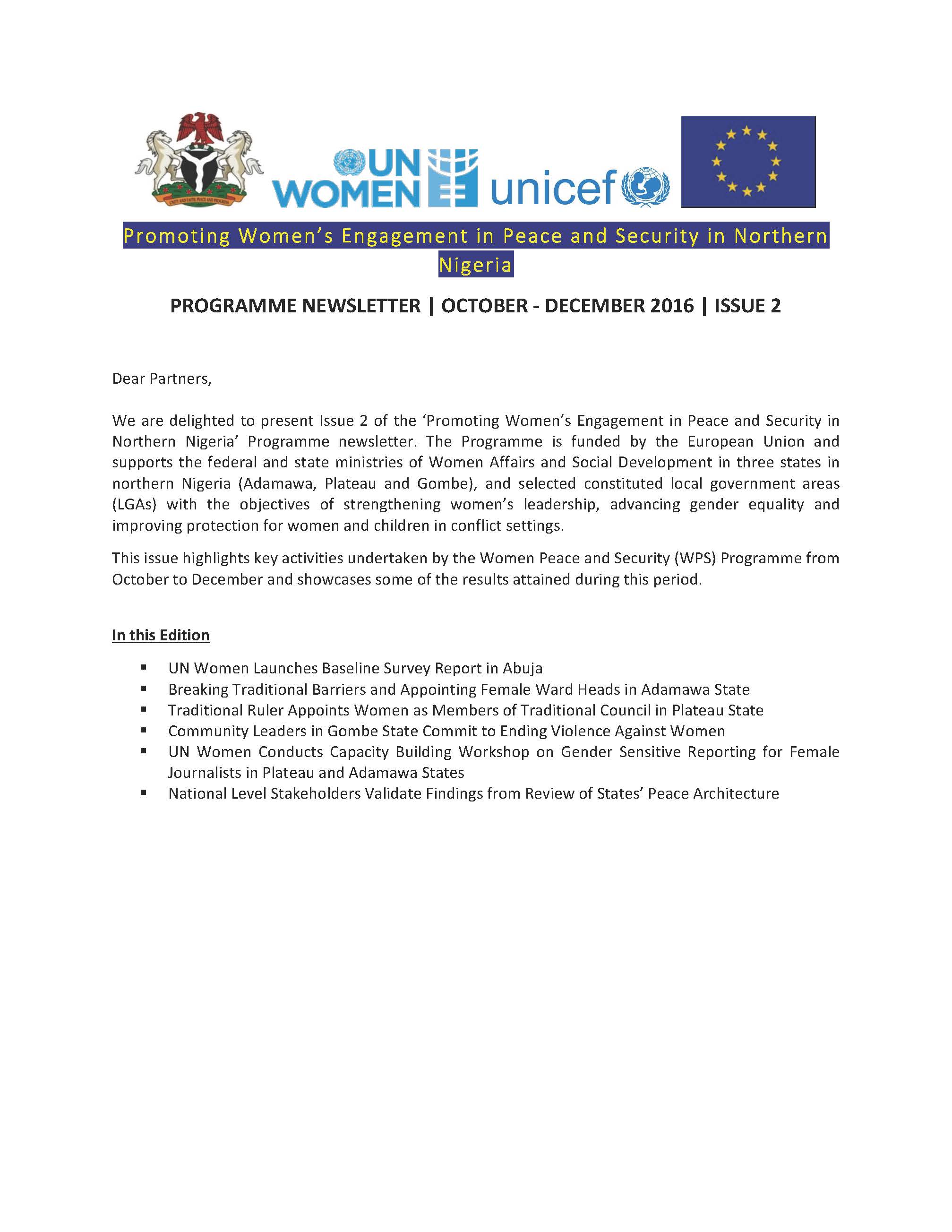
EU-UN Spotlight Initiative

The Initiative visualises to deliver on the following results:
(a) existence and enforcement of non-discriminatory legislative and policy frameworks favorable to protect and empower women and girls where impact is assessed and monitored.
(b) strengthened national and sub-national systems institutions with trained and capacitated staff who coordinate and deliver a multi-sectoral response.
(c) communities, including community gatekeepers such as traditional and religious leaders, men and boys, community structures and champions, are mobilized and engaged as agents of change to help transform social norms and attitudes towards prevention of violence and harmful practices against women and girls.
(d) women and girls’ capacity with regards their rights to well-being is strengthened by
addressing barriers to facilitate timely access to acceptable and quality essential services.
(e) national and sub-level institutions have capacities and resources to collect, analyse and use quality age and gender-disaggregated data for decision-making.
(f) empowered women’s rights groups and civil society organisations can better advocate, influence and advance programming on EVAWG and HP.
The programme strategy addresses the linkages between sexual and gender-based violence and harmful practices with related aspects of sexual and reproductive health and rights as a cross-cutting theme. The focus is on prevention efforts, particularly addressing root causes of violence and harmful practices against women and girls; and ensuring access to inclusive, timely, and quality services for victims and survivors.
The Initiative focuses on transformative interventions and specifically target populations who are the furthest behind with dedicated strategies.
Target groups are the most marginalized women and girls, including those who face intersecting forms of discrimination or multi-deprivation, such as those with disabilities, women and girls living with HIV/AIDS, the poorest and those living in most difficult to access communities.
Read more about the Spotlight Initiative here


